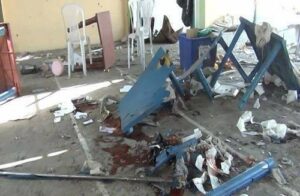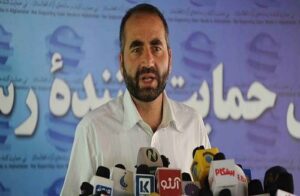
KABUL (SW): A new United Nations report indicates positive trends in Afghanistan’s juvenile detention and rehabilitation facilities while also outlining a critical need to improve in-detention education and post-rehabilitation care for young Afghans.
Extensive research carried out by the UN Assistance Mission in Afghanistan (UNAMA) into juvenile rehabilitation centres (JRCs) indicates the need for the Afghan government to focus, in particular, on helping young Afghans re-enter society. “Our research shows an improved intra-governmental effort to address the needs of juvenile detainees,” said Michael E. Hartmann, Director of UNAMA Rule of Law in a statement on Sunday. “Still, the Ministry of Justice and Ministry of Education require continued international support for accommodation improvements as well as existing rehabilitation and new re-entry programs for juveniles”, he added.
Overall, UNAMA’s research demonstrated Afghanistan’s progress in meeting the minimum and acceptable international standards. However, the field research found that improvement was not uniform or consistent across all centres. Shortcomings were particularly evident in those JRCs that were not the Ministry of Justice’s custom-built facilities.
At the request of Afghanistan’s Minister of Justice, UNAMA undertook the assessment of the JRCs to look into minimum protections for juveniles in detention, as afforded by national laws and recommended by the United Nations Rules for the Protection of Juveniles Deprived of their Liberty (the so-called Havana Rules).
The report however, lamented that progress, was not uniform across the board. Gaps existed in terms of the uniformity and scope of service delivery among JRCs, it noted. According to the report, these gaps were most evident in relation to coordination with other government ministries, inferior rented JRC facilities, physical safety and emotional well-being precautions, special considerations for the needs of female juveniles, and availability of re-entry and follow-up programs.
ENDS





